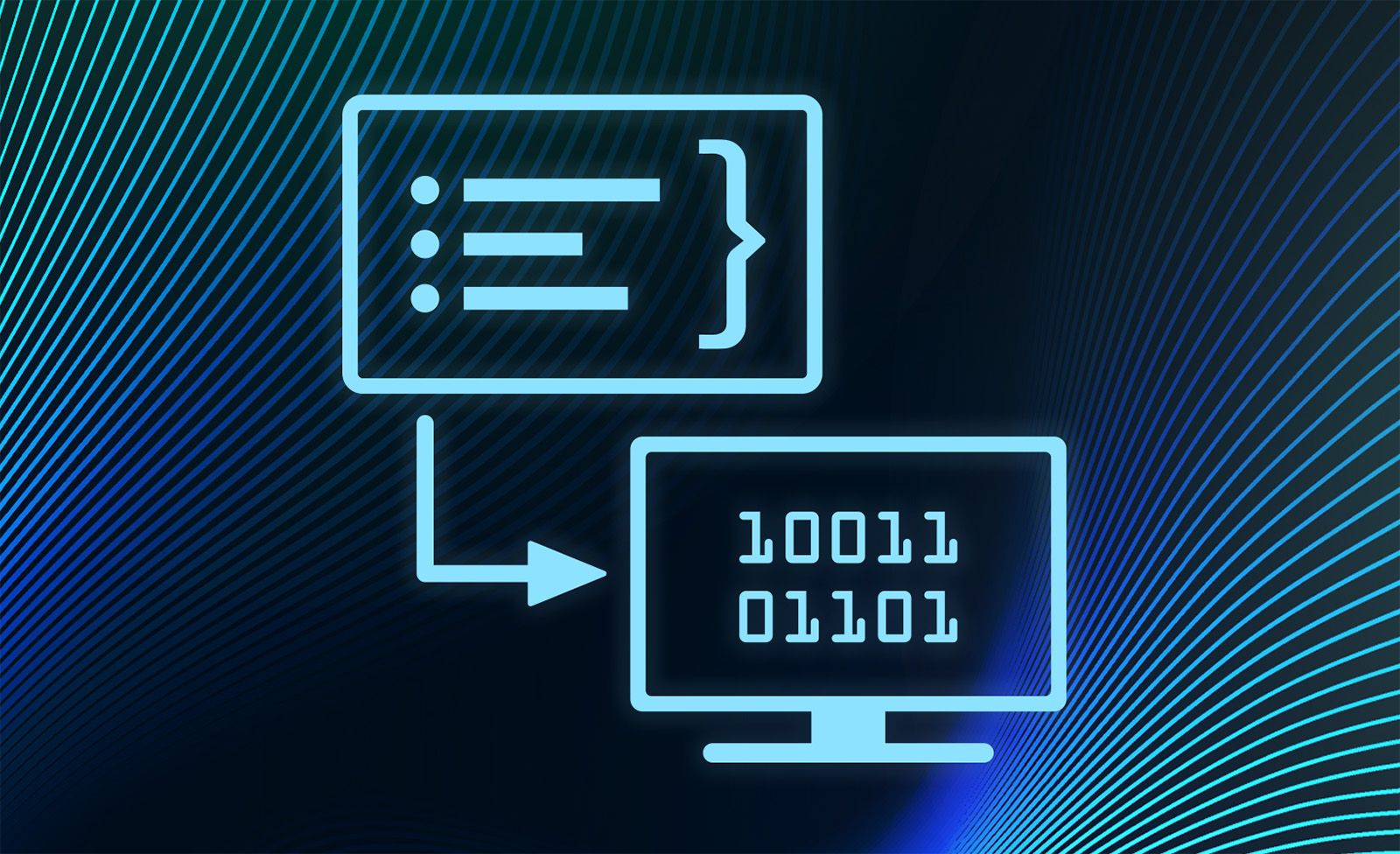LANGUAGES
COMPUTER LANGUAGE
Computer languages serve as the information intermediary between human language and the binary dialect of computers. Simply put, it is a group of instructions used to develop computer software.
There are thousands of different programming languages available today, but all fall into one of two general categories: High-Level Coding like Java, C#, C++ or Python, or Low-Level Coding like C, and Fortran.
While both provide a set of instructions to perform certain tasks high level languages are often easier for a programmer to understand, easily run on different platforms, and require a compiler or interpreter to be executed by the CPU (central processing unit). Low level languages are more machine friendly in that they operate directly with hardware and only require a compiler to translate to machine code.

Languages that are compiled code are often more efficient and consume less energy than interpreted languages.
SOLVING PROBLEMS THROUGH PARADIGMS
Regardless of whether a language is high-level or low-level they are further defined into one of the five primary paradigms or styles: Imperative, Declarative, Functional, Logical, and Object Oriented. Each paradigm has features and structures that determine how programming problems are solved. Some languages are multi-paradigm like Python or Java. Certain paradigms are better suited for solving certain types of problems and here is where the understanding of language paradigms is important.
Imperative Programming styles focus on how the program behaves step by step instead of high-level rendition of its anticipated results. Imperative is the oldest and simplest approach to writing software. Examples of imperative languages are Python, Java, Pascal, C/C++ and PHP.
Declarative Programming is often described as the contrast of imperative programming. The declarative method is determining what you want the program to do instead of how. In other words, you define what should be accomplished without describing its control flow. SQL is an example of a language often used with the declarative method.
Functional Programming is a style of coding that is part of the declarative paradigm and is based only on functions (a sequence of instructions which perform a specific task). Functional programming methods have been around since the late 1950’s and are still widely used today in commercial applications found in banking, manufacturing and embedded systems.
Logical Programming style falls under the declarative paradigm and uses mathematical logic to solve problems. Logical methods are found in natural language processing software, machine learning and planning programs, also nearly all AI (artificial intelligence) applications.
Object Oriented Programming (OOP) is an imperative method which organizes software design around data or objects (a data field with unique attributes and behaviours) instead of logic or functions. OOP is beneficial for collaborative development projects and programs where scalability, efficiency and reusability are needed and works well with Java, Object Pascal, Visual Basic.Net and C++.
WHICH LANGUAGE IS RIGHT FOR MY PROJECT?
Much like human linguistics, there are a variety of languages that are heavily used and widely accepted as mainstream in the development community. Often language choice is determined by the skill level of the developer or the long-term needs of the client. At STEP Software we can help with any language on any operating system, no platform is out of bounds.
Ask us anything, we love a challenge.